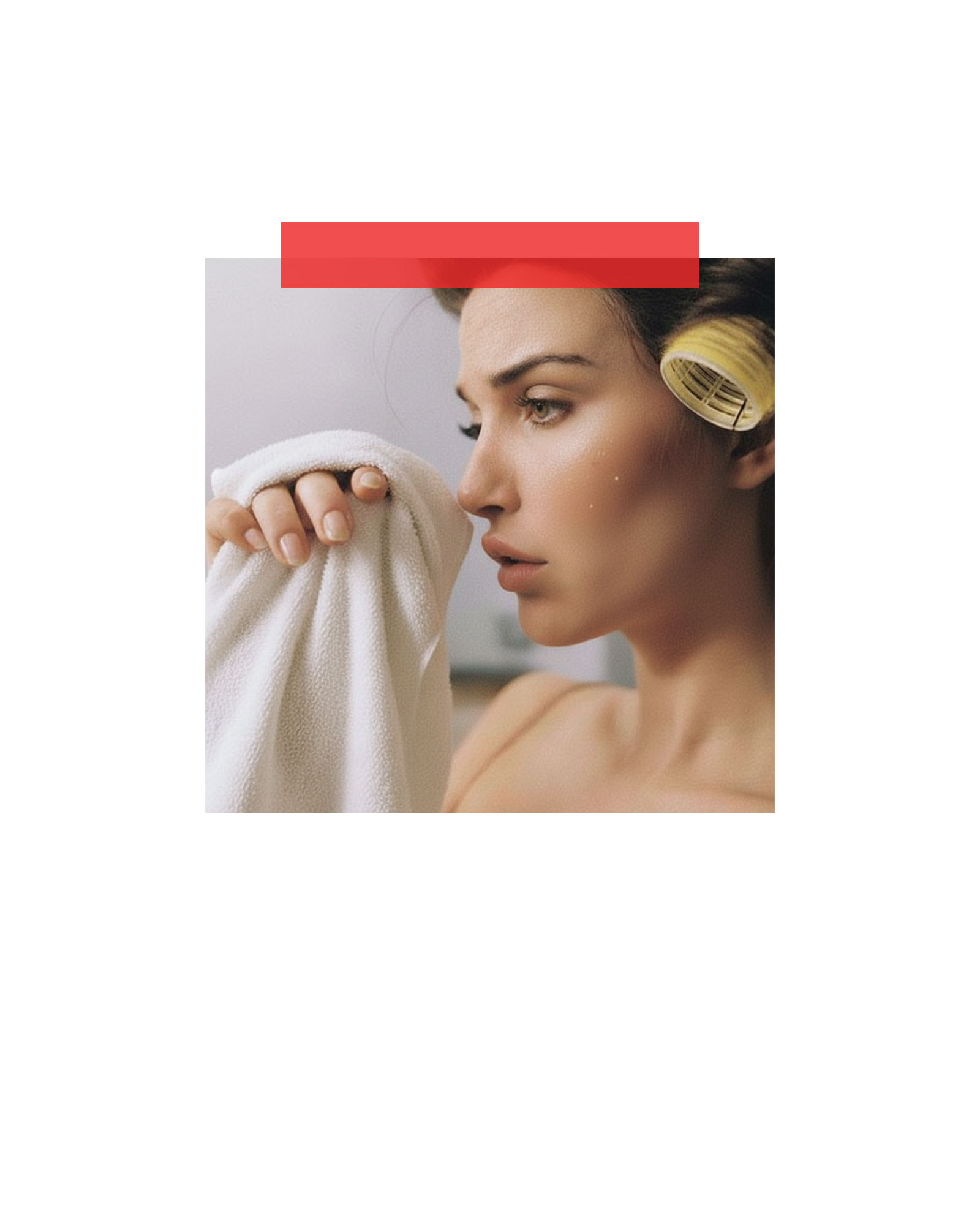
Dermatitis serves as an umbrella term encompassing various forms of skin inflammation, including eczema. It is typically characterised by distinct rash-like formations, often accompanied by symptoms such as itchiness, dryness, redness, and swelling. While dermatitis is not contagious, its manifestations can cause significant discomfort. Some types of dermatitis present momentarily, often triggered by an acute allergic reaction, whereas others can persist for extended periods, flaring in response to various triggers including stress levels, fluctuating hormones, or even seasonal changes.
Below are some of the most common presentations of dermatitis:
Atopic Dermatitis (Eczema)
This is another term for eczema, a chronic, often genetic skin condition that typically first appears during childhood. However, it can endure throughout a lifetime, with flares manifesting at any age. Eczema is characteristically defined by extremely itchy and dry skin, a reaction often precipitated by a hypersensitivity to common allergens found in dyes, fabrics, certain beauty products, soaps, and animal dander. Eczema can also be stress-induced or emerge as a side effect of an underlying immune disorder.
Contact Dermatitis
Resulting from an allergic reaction, this form of dermatitis occurs when the skin comes into direct contact with an irritant or allergen. Common culprits include specific skincare or cosmetic products, certain plants, harsh soaps and detergents, and some metals. The resulting irritations are typically characterised by itching, stinging, or burning sensations, often leading to dry skin accompanied by a red, inflamed rash.
Perioral Dermatitis
This particular form of dermatitis affects the perioral (mouth) area. It is sometimes mistaken for acne due to its similar appearance, but perioral dermatitis is characterised by a red, itchy rash presenting with swollen and inflamed bumps around the mouth.
Seborrheic Dermatitis
Generally affecting the scalp, seborrheic dermatitis also targets other areas of the skin rich in hair follicles and sebaceous glands (which produce sebum or oil). Common locations include the face, chest, and back. This condition can result in a red rash, persistent itchiness, and the presence of dandruff.
Management & Treatment Considerations
If dermatitis is suspected, particularly in severe cases, it is highly recommended to consult a dermatologist or medical doctor. They can provide an accurate diagnosis and may prescribe appropriate medication or topical creams to alleviate symptoms. For many forms of dermatitis, including eczema, topical cortisone is often considered one of the most effective treatments for acute flare-ups.
Beyond prescribed treatments, it is crucial to avoid potentially aggravating factors. This includes abstaining from active ingredients (unless specifically recommended by a professional) products containing alcohol, fragrance and any other ingredients that could further disrupt the skin barrier. Incorporating moisturisers specifically formulated for sensitive skin types is advisable, with frequent application throughout the day to ensure the skin remains optimally hydrated and comfortable.
For symptomatic relief, certain home remedies can be beneficial. An oatmeal bath can help alleviate itchiness and swelling; simply add half a cup of finely ground rolled oats to a warm (not hot) bath. A cold compress may also assist with any swelling or irritation: dampen a clean muslin cloth, chill it in the fridge or freezer for a few moments, and apply to the affected skin. Diligently reviewing all personal care products to confirm they do not contain harsh alcohols or stripping ingredients that could further inflame dermatitis is also a key preventative measure.